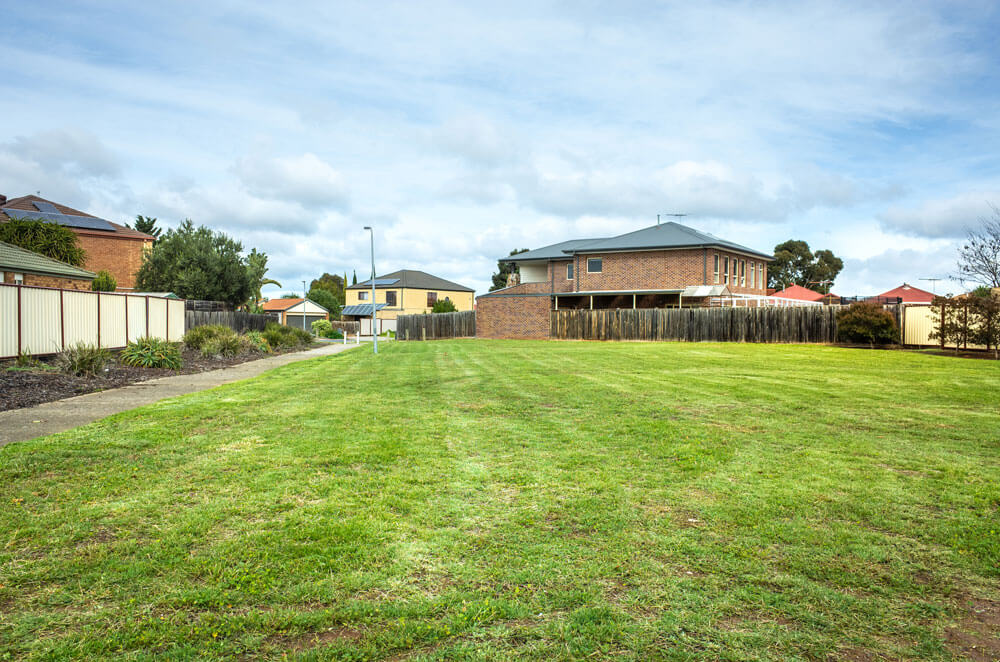Liability on Your Vacant Land
August 17, 2022
When you purchase new land or find yourself with unused land, it’s important to consider the risks that may accompany it. Trespassing and liability issues are constant threats on vacant land. The liability of an individual being injured on the property can be costly. To ensure you’re adequately protected, it’s important to understand the risks you face by owning vacant property. In addition to purchasing comprehensive vacant land insurance coverage, there are numerous preventive strategies you can adopt to mitigate the risks.
In this article, we discuss the liabilities of owning vacant land, as well as the benefits of getting insured. Let’s get started.
Risks on Vacant Land
Landowners can be held liable for injuries sustained by people who trespass on their property. For instance, if some children get injured while playing on vacant agricultural fields then the property owners could be held liable, regardless of whether or not they had any knowledge of their presence.
Injuries sustained by those on your property can be very costly.
Ways to Mitigate Your Risk
In addition to extending coverage, there are some simple steps that landowners can take to limit their risk and liability:
- Prevent vandalism and trespassing: Use sufficient signage to help keep others out.
- Limit liability: Make sure property is free of significant hazards that could cause injuries to anyone on the property. Ditches and other physical features could be classified as attractive nuisances should they cause injury to anyone on the property.
- Avoid damage: Inspect the vacant property regularly for potential fire hazards and attend to them as soon as possible.
Get Insured
Although it’s important to take steps to lower the risk of an accident happening on your vacant property, it’s important to transfer risk, as well. Many times, liability insurance for vacant land can easily be extended from an existing homeowner’s or farm liability insurance policy. To avoid misunderstanding, it’s important to review the definition of “vacant” in your coverage and ensure that your vacant land fits that definition. Generally, the land must be completely empty and cannot be farmed; even wells, storage units, or paved parking areas may disqualify the property.
Contact Us
Insurance on vacant land can vary from state to state. To discuss the insurance options applicable to liability on your vacant land, contact Property Insurance HQ today.
Get a Quote Here
